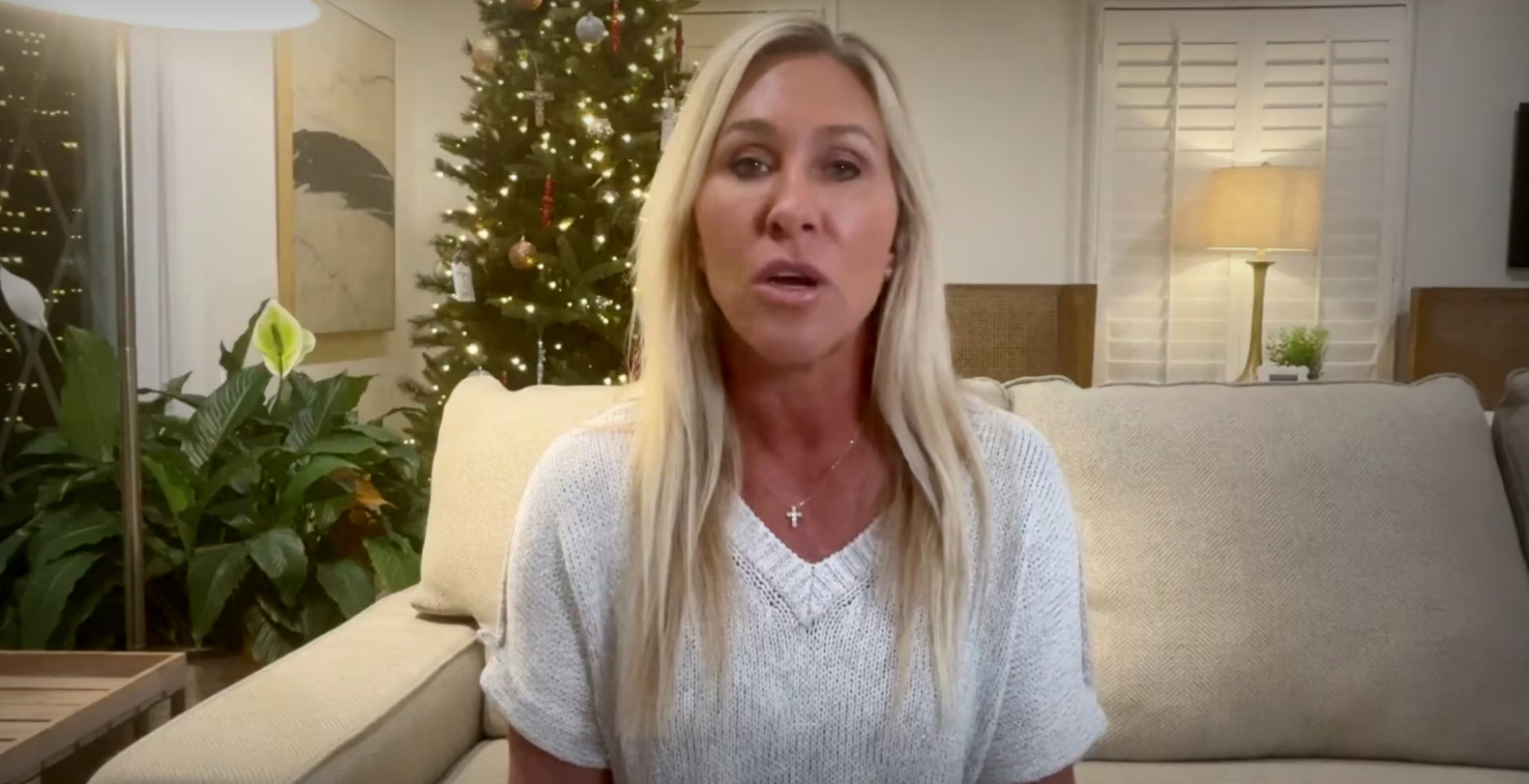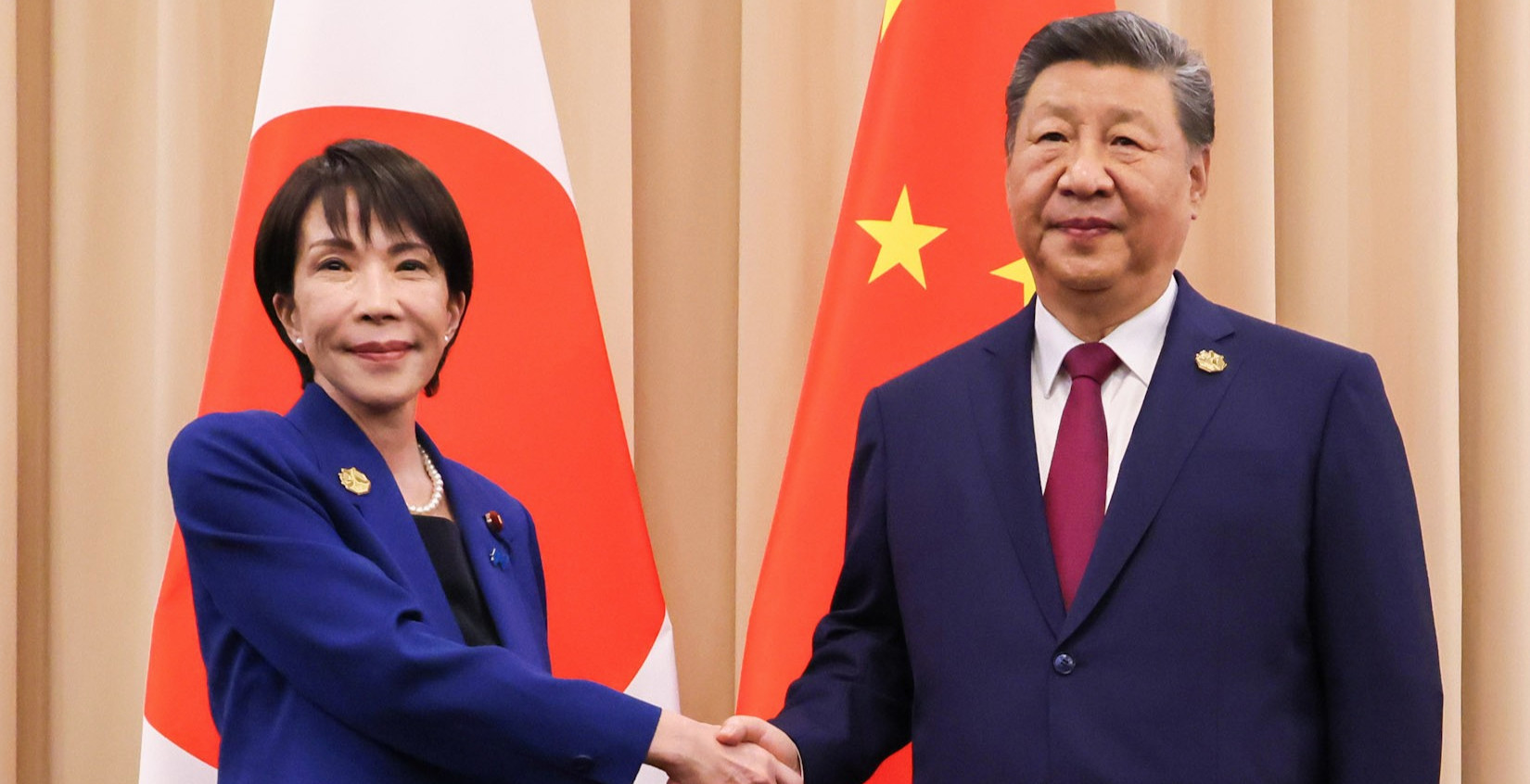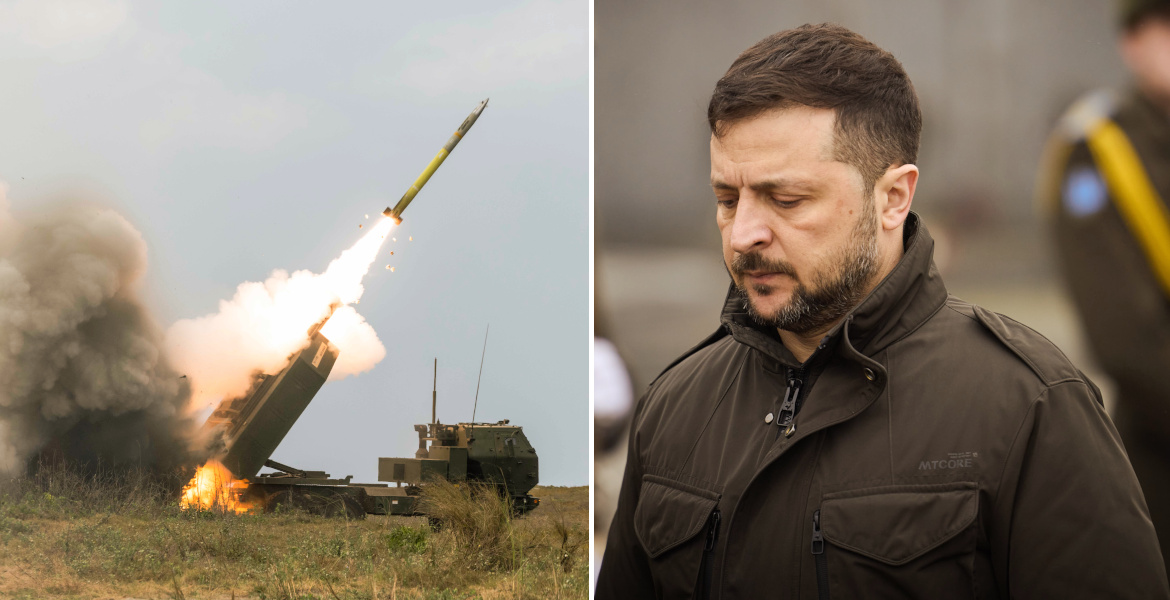Left-liberal CNN is accused of deliberately fabricating a story about a release from a Syrian prison after the fall of the Assad government.
An "ordinary citizen" the broadcaster claims to have found in a "secret prison" has been revealed to be an intelligence officer accused of involvement in murder, torture and extortion.
CNN's foreign correspondent, Clarissa Ward, was filmed claiming to find a prisoner lying under a blanket in a Damascus jail cell with an armed rebel fighter, days after the Assad government was toppled.
In the clip, it appears that the locked cell is found by chance, and when Ward, who speaks English throughout, enters it, she discovers a man lying under a blanket who thanks her, kisses her hand and is escorted out of the building.
"In nearly twenty years as a journalist, this was one of the most extraordinary moments I have witnessed", Ward herself claimed.
"Syria is free."
Extraordinary moment as @clarissaward and her team witness a Syrian prisoner freed from a secret prison in Damascus.
Left alone for days without food, water or light, the man was unaware Bashar al-Assad's regime had fallen. pic.twitter.com/ZAnGiBlLON
— CNN International PR (@cnnipr) December 11, 2024
Introduced as Adel Ghurbal from the city of Homs, and as an "ordinary citizen", the man is falsely reported to have been imprisoned for months and not given food or drink for days.
Well-fed and well-trimmed
According to the man himself, he had been interrogated by the Syrian security services because of the content of his phone and had also been beaten.
When the video was released, many people pointed out that the prisoner's beard and hair were trimmed and his nails well-trimmed. Nor did he appear emaciated or dehydrated – which would have been normal after months in a dark cell and days without food and drink.
It was soon revealed that the man was no ordinary citizen, but Salama Mohammad Salama – known as Abu Hamza and a first lieutenant in the Syrian Air Force intelligence service.
The intelligence officer is said to have been imprisoned over a dispute with a superior over the distribution of extortion money, but is also accused of being involved in murder, torture and corruption-related crimes.

Disappeared after the feature
According to Syrian fact-checker Verify-Sy, Salama was "involved in theft, extortion, and coercing residents into becoming informants" and is also accused of "killed civilians, and was responsible for detaining and torturing numerous young men in the city without cause or on fabricated charges".
That the CNN story about the released "ordinary citizen" was false and fabricated is a fact. However, it is unclear whether the news organization knew the man's story in advance and deliberately chose to manipulate its readers – or whether they themselves were deceived.
After a storm of criticism, CNN itself published an article admitting that the man in the news report had apparently worked for the country's intelligence service and had been accused of various crimes.
It now claims that it is "unclear how or why Salama ended up in the Damascus jail", and states that his "current whereabouts are unknown", and that it has therefore not been able to contact him to ask more questions.





